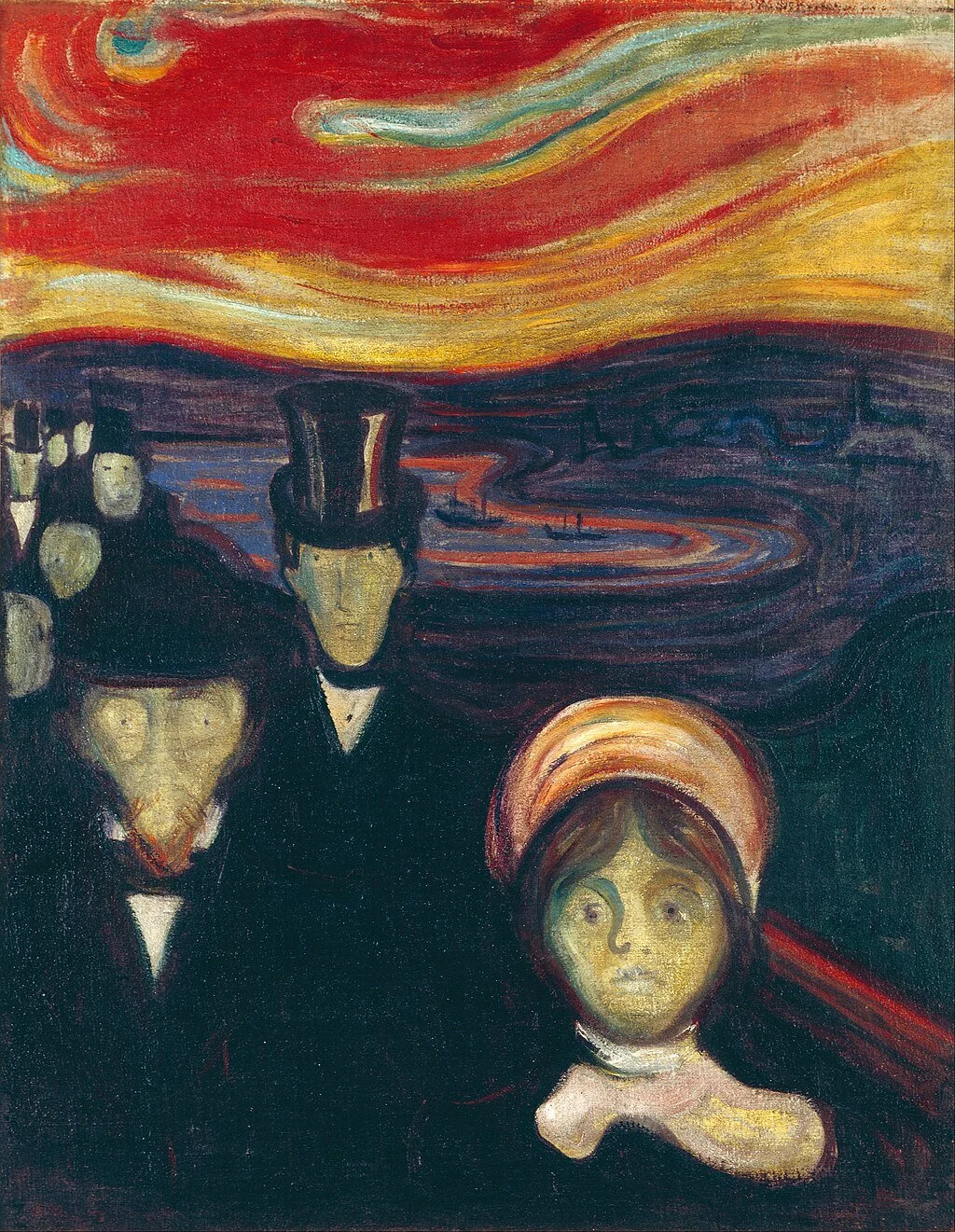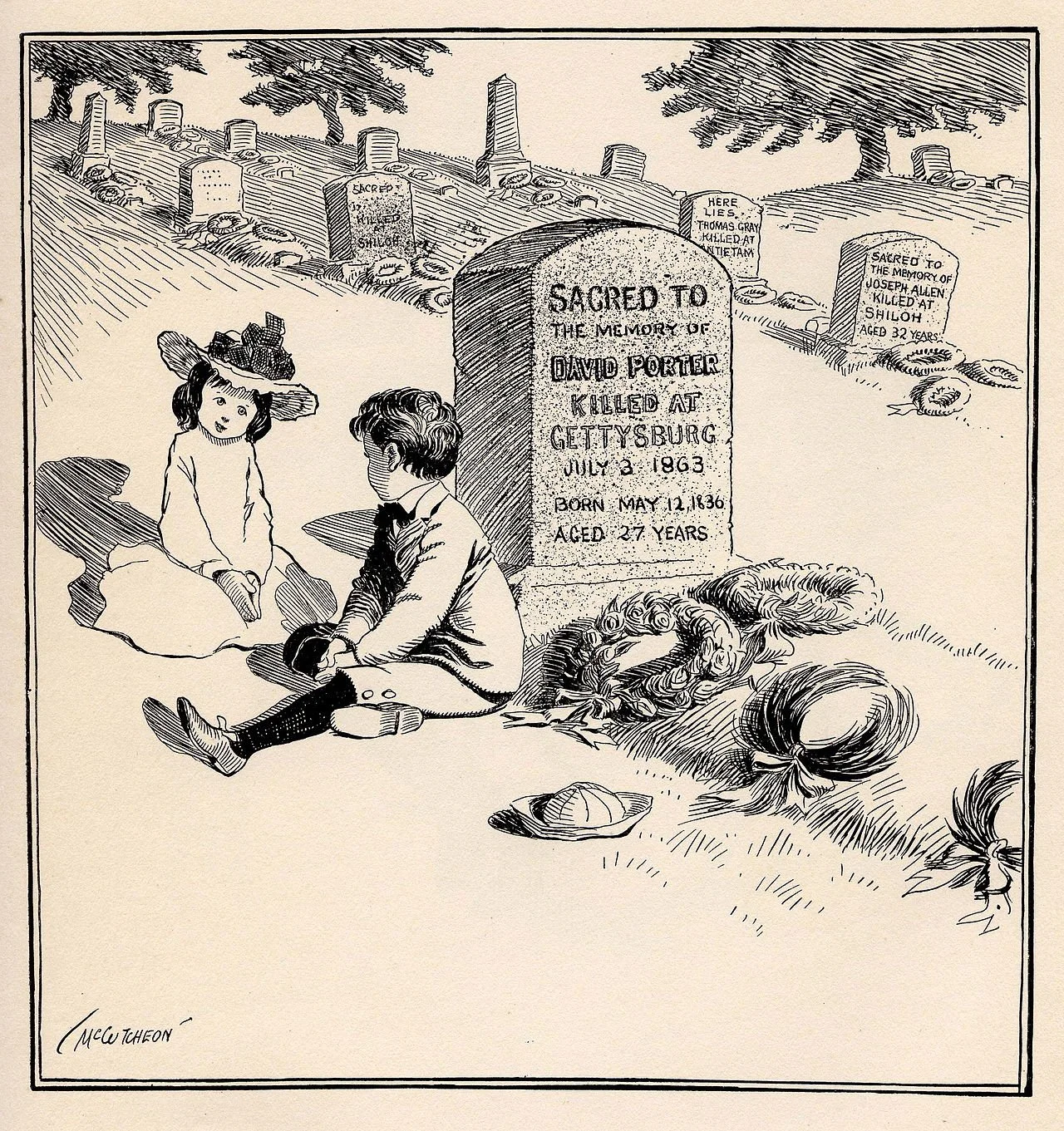Two good books for the beach or any other place:
First, there’s the amusingly and quaintly illustrated Wicked Victorian Boston (published by History Press), by Robert Wilhelm, about, for example, such lovely late 19th Century activities as prostitution, drinking in illegal saloons, animal fighting, sports gambling, opium dens and daughters of Boston Brahmins posing nude for photos in “the Hub of the Universe’’. Of course it’s all seasoned with the fragrance of the hypocrisy that was/is as rife in Boston as in most cities. But then, as the old line has it: “Hypocrisy is the tribute that vice pays to virtue.’’
Forget about Puritan rectitude and that old line “banned in Boston.’’
The other book is a collection of Roger Angell’s essays called This Old Man: All in Pieces (Anchor Books). Mr. Angell, who is 96, is a long-time reporterand essayist for The New Yorker, where he was also for decades an editor. In this charming, often humorous and wise volume he looks at the challenges of old age, without self-pity; baseball, on which he’s a celebrated writer; life in New York, where he mostly lives, and in Maine (where he has a cottage) and many other things. He also writes about his famed stepfather, E.B. White, and Katherine White, who was White’s wife, Angell’s mother and a formidable editor at The New Yorker. The Whites spent much of the latter part of their lives living in Brooklin, Maine.
There are also letters Mr. Angell wrote to various exciting individuals, some famous, some not, as well as beautiful tributes to the dead, which of course comprise most of the people Roger Angell has known.
A funny line about Katherine White from Nancy Franklin, a critic, which Mr. Angell said was accurate: “As an editor she was maternal; as a mother she was editorial.’’



















